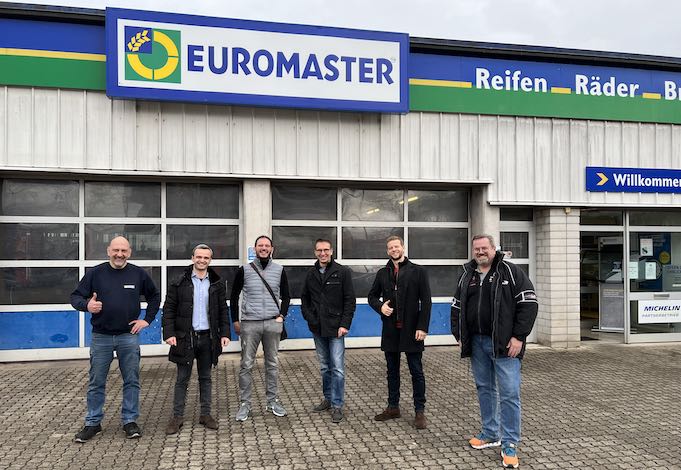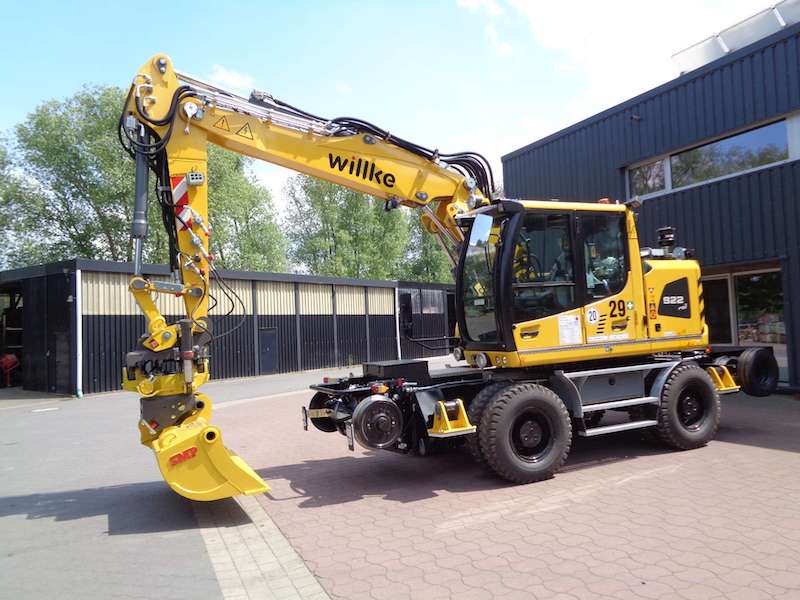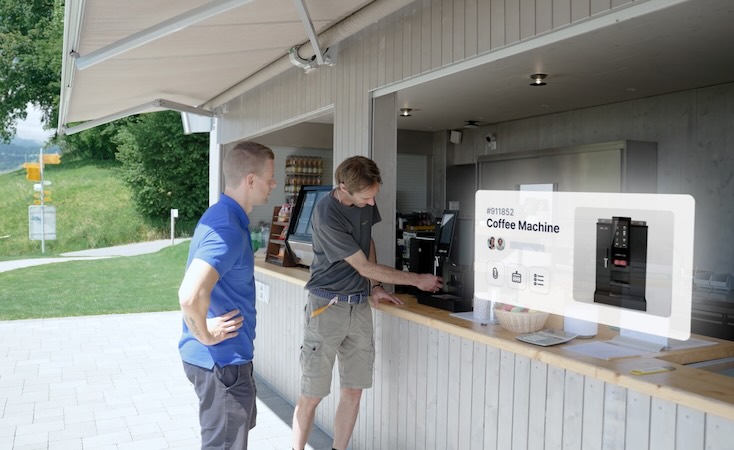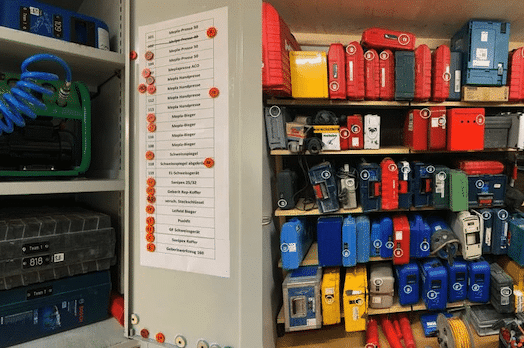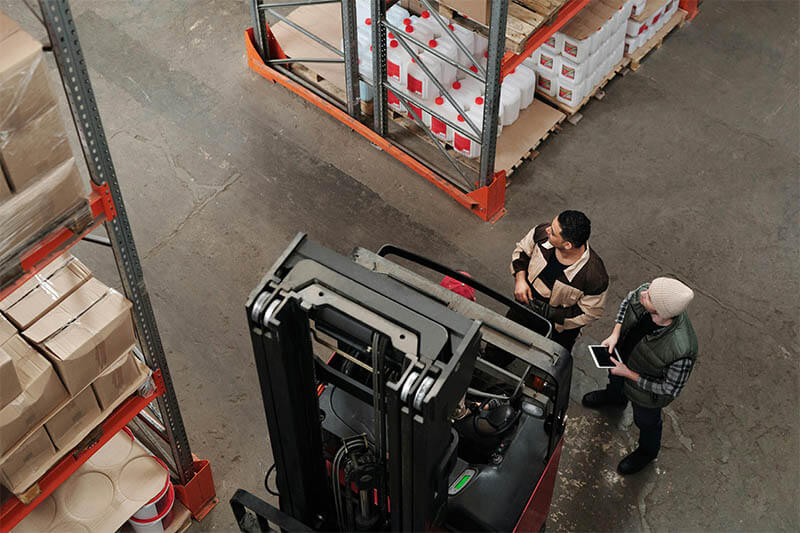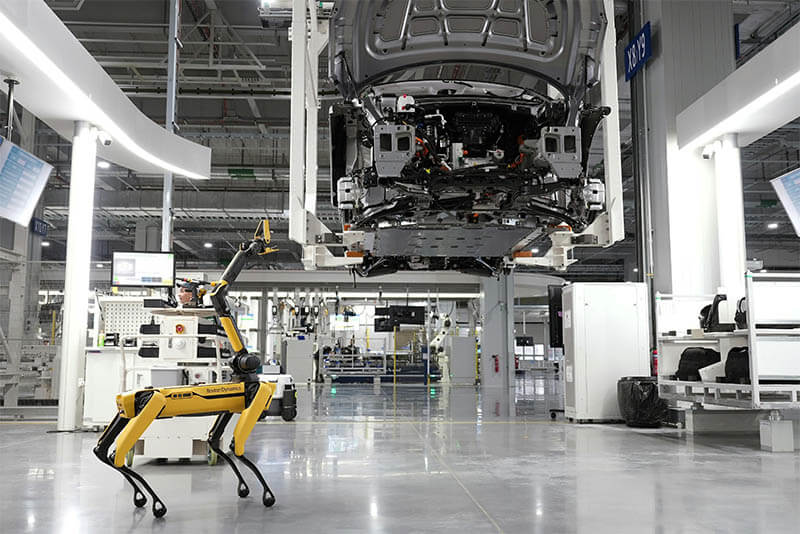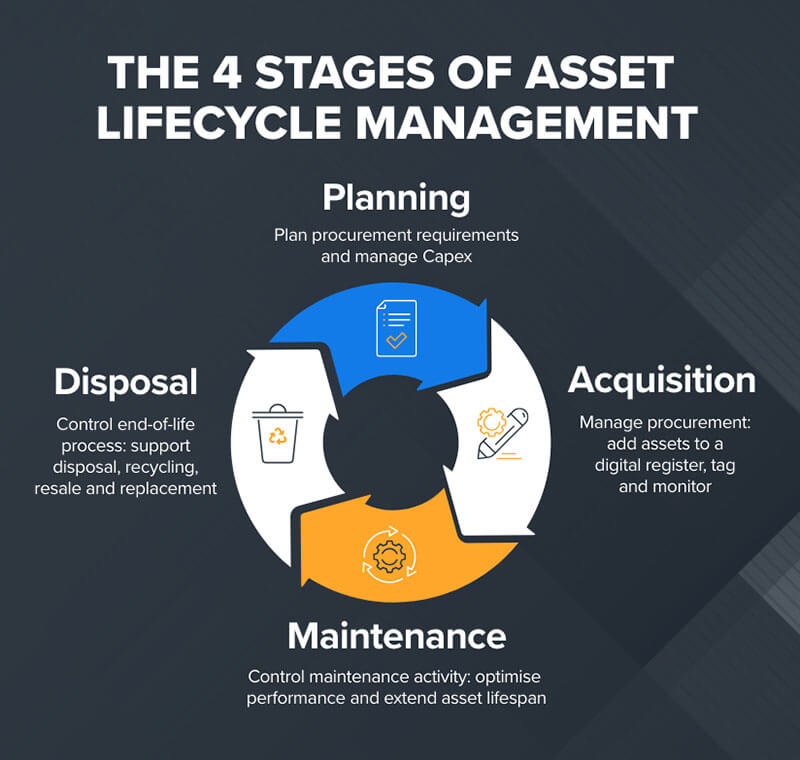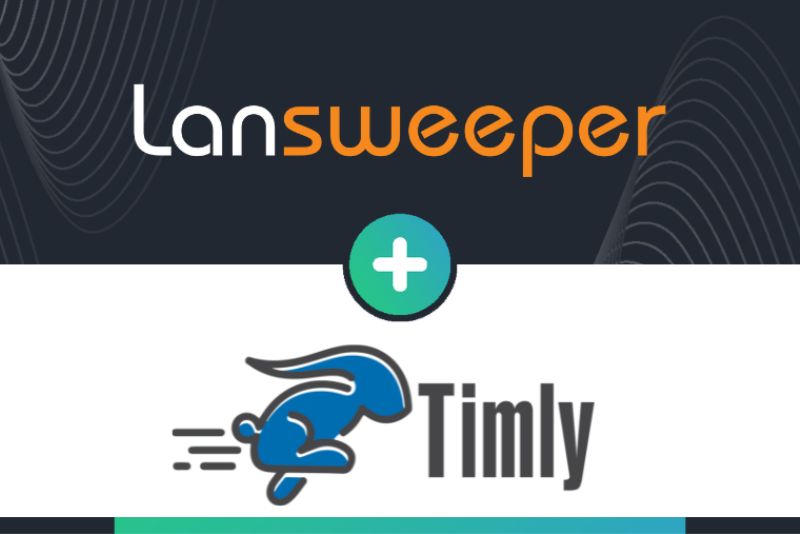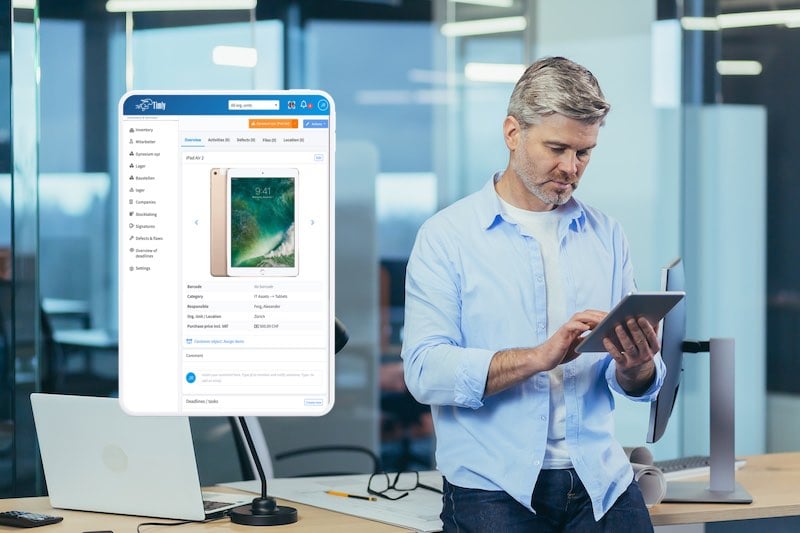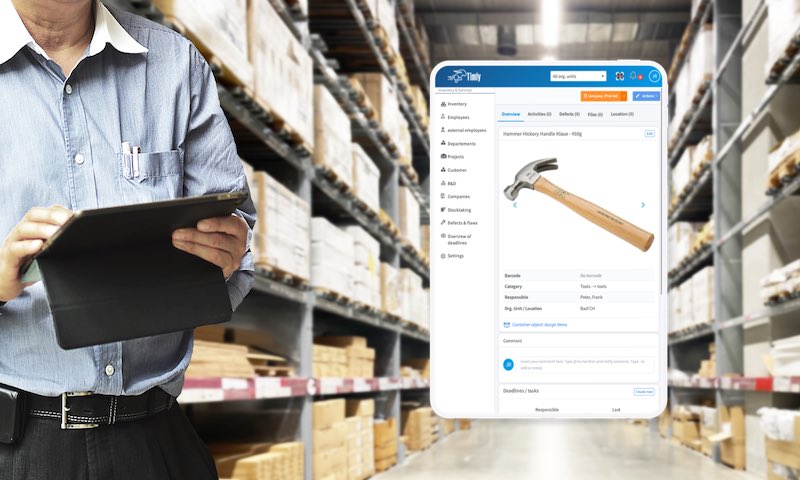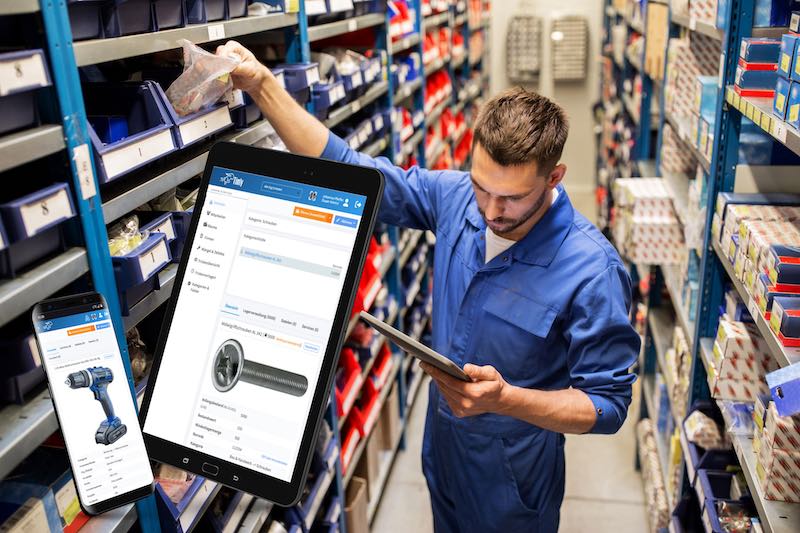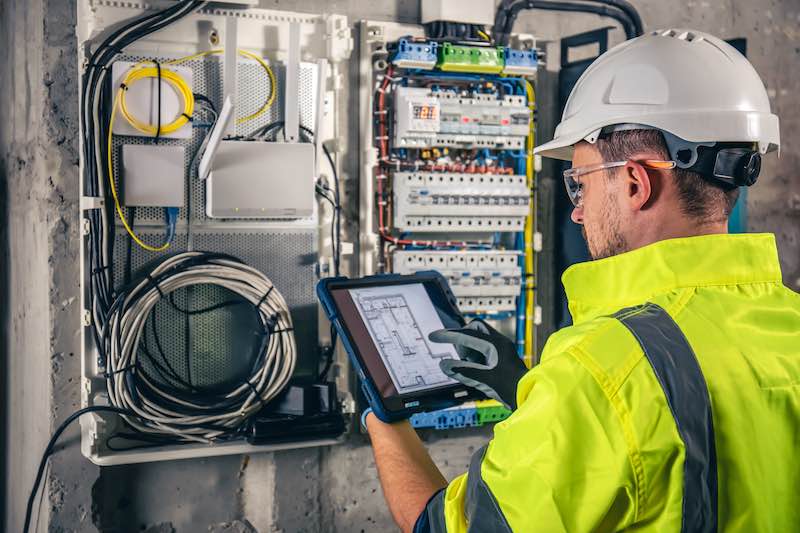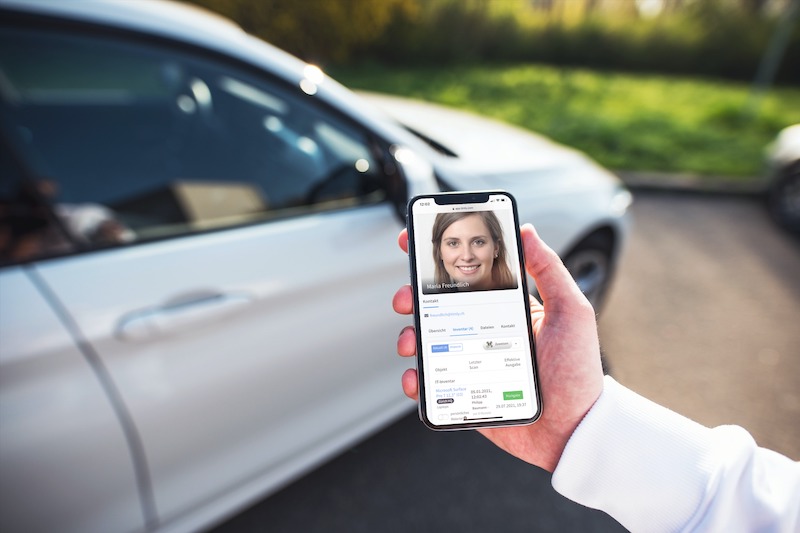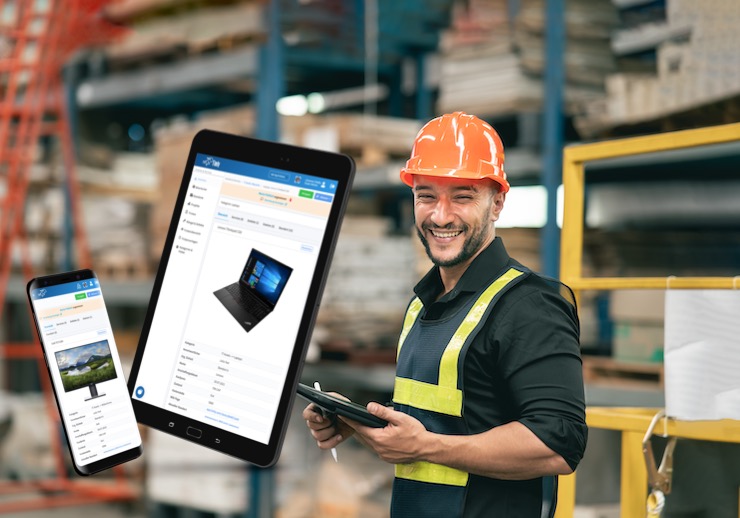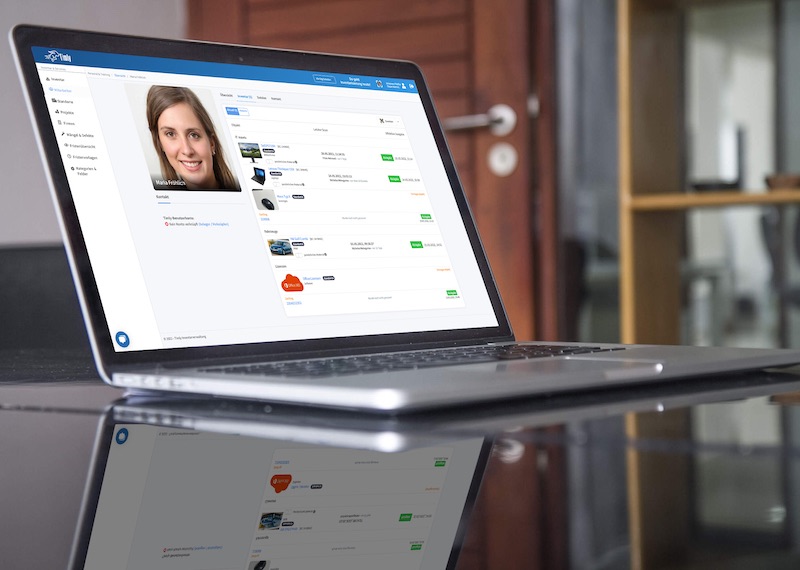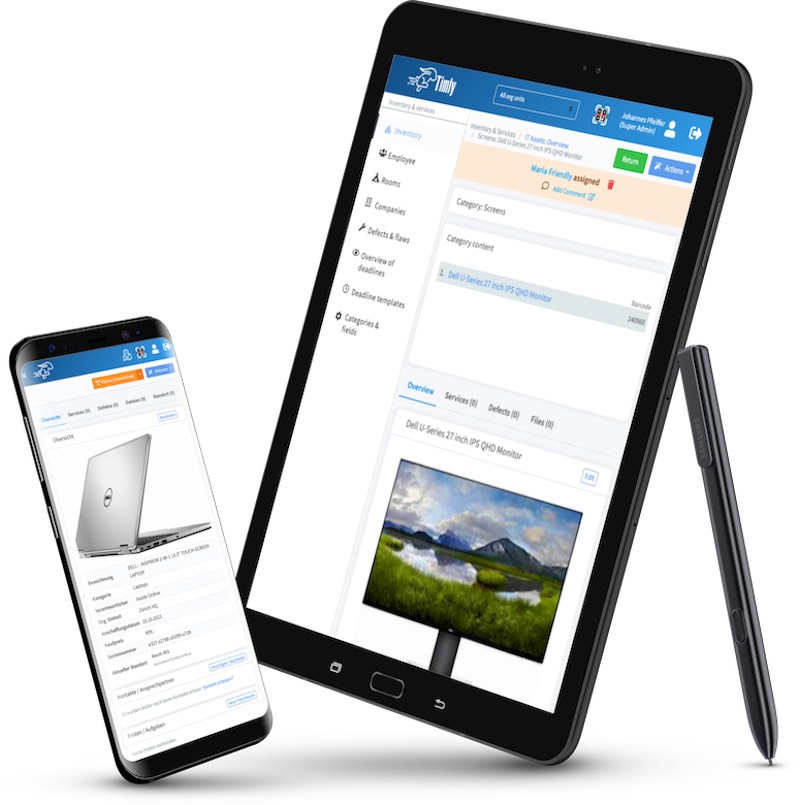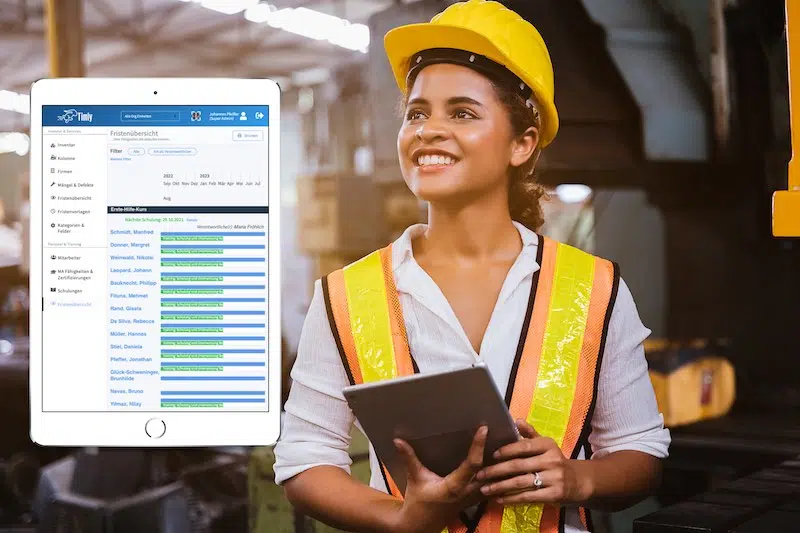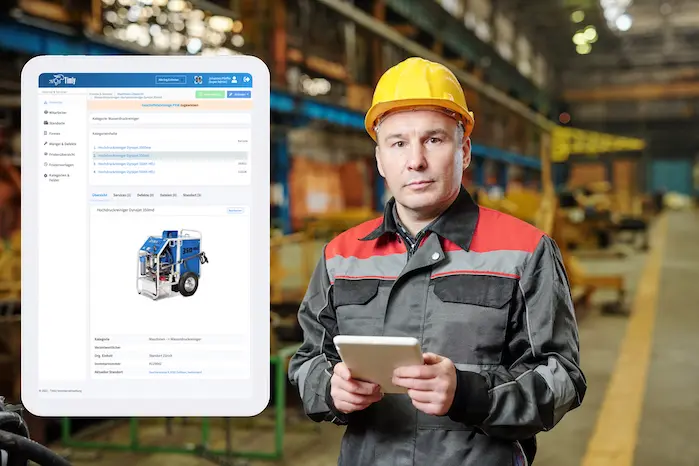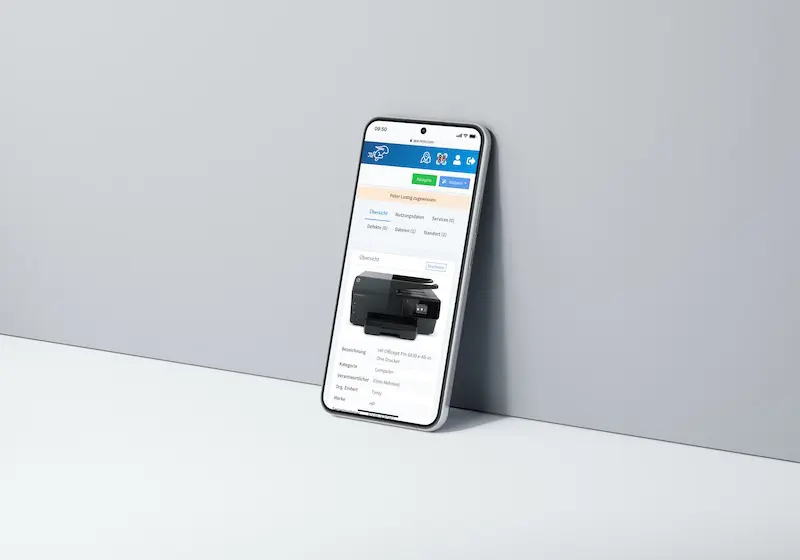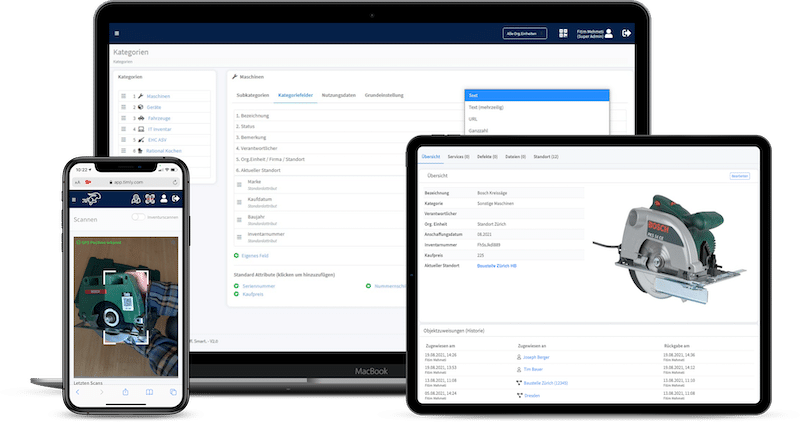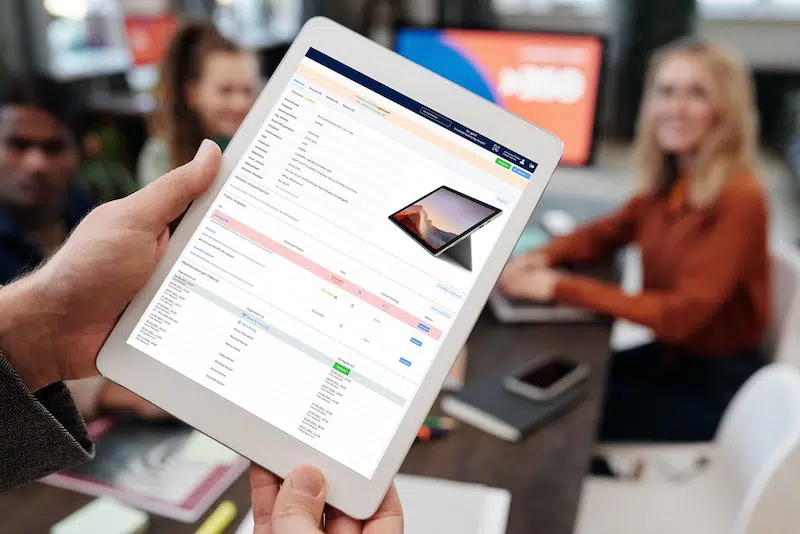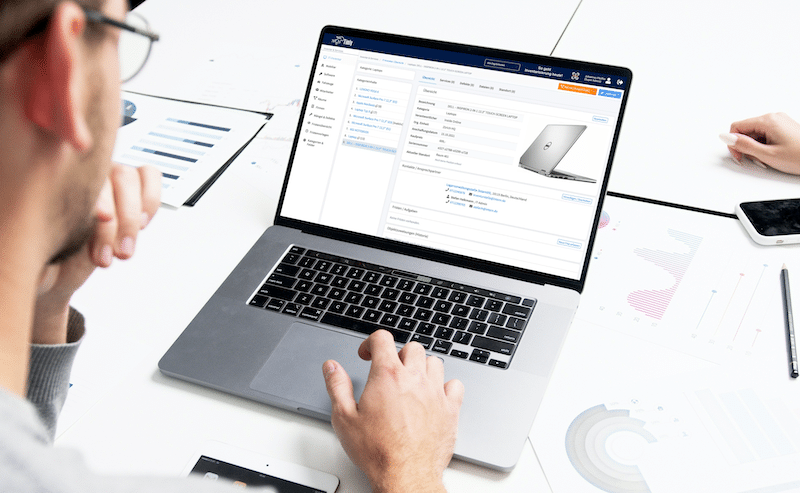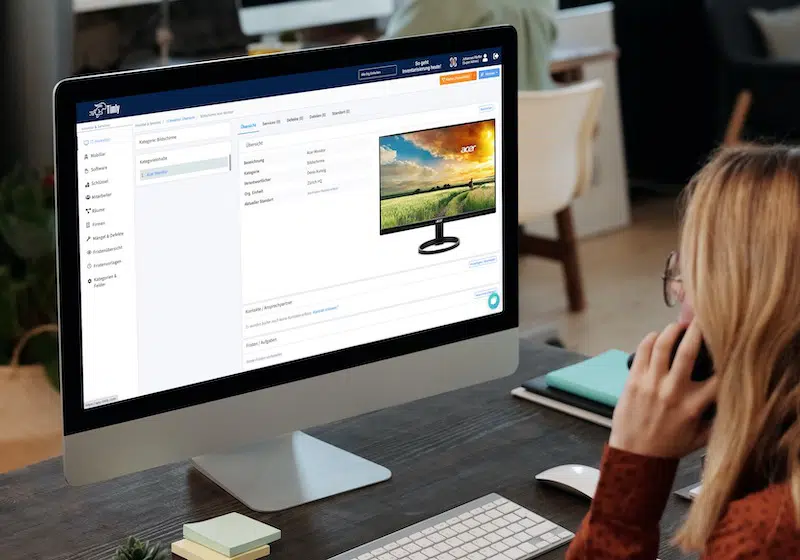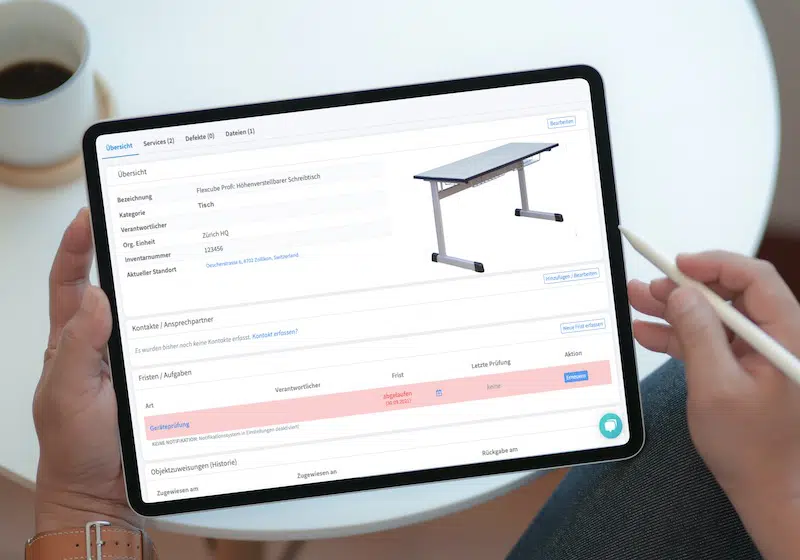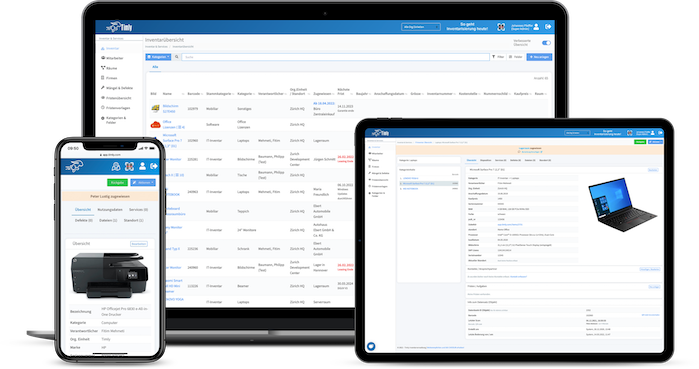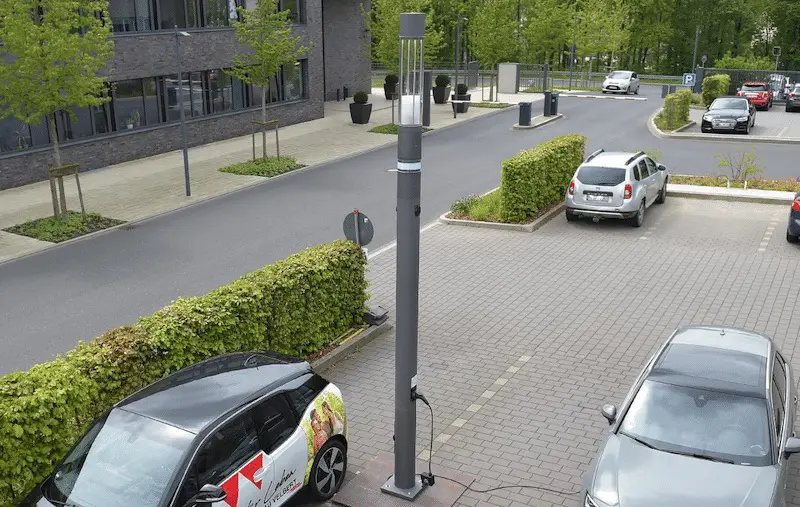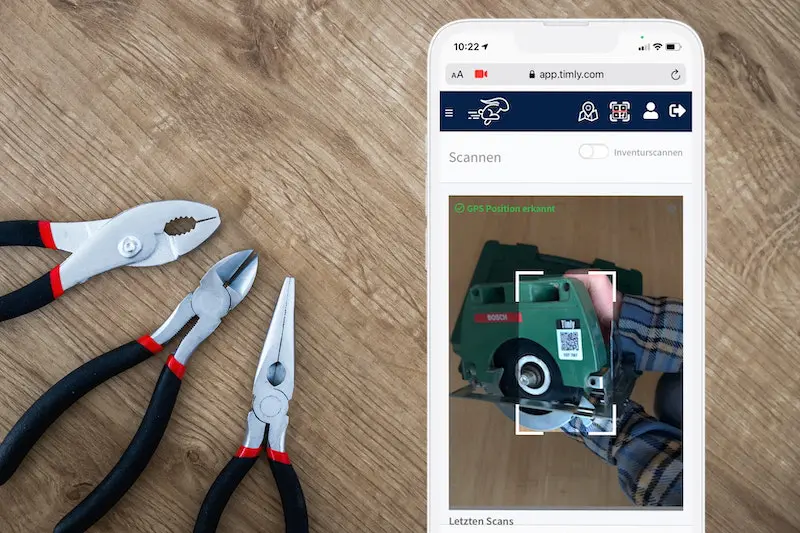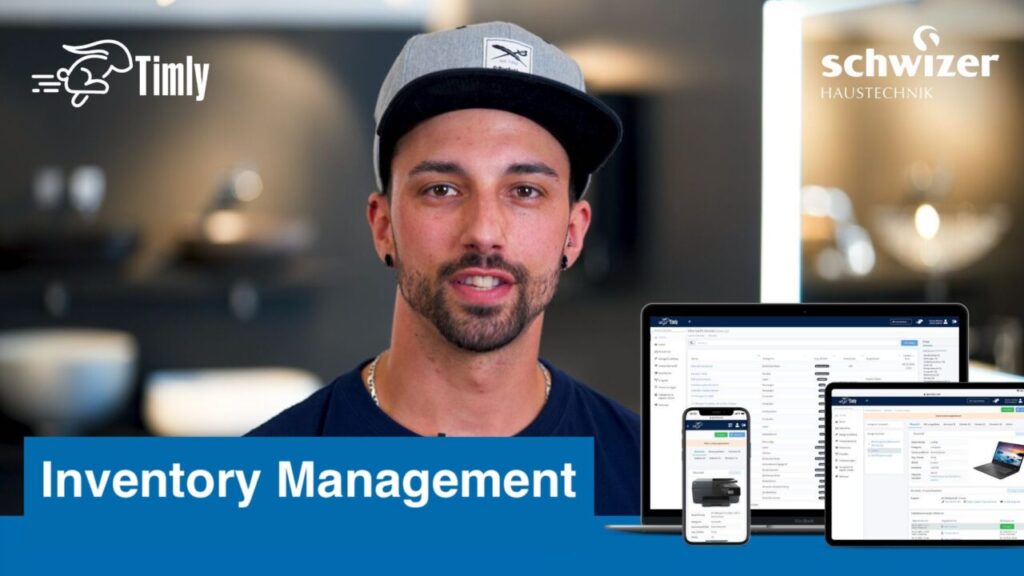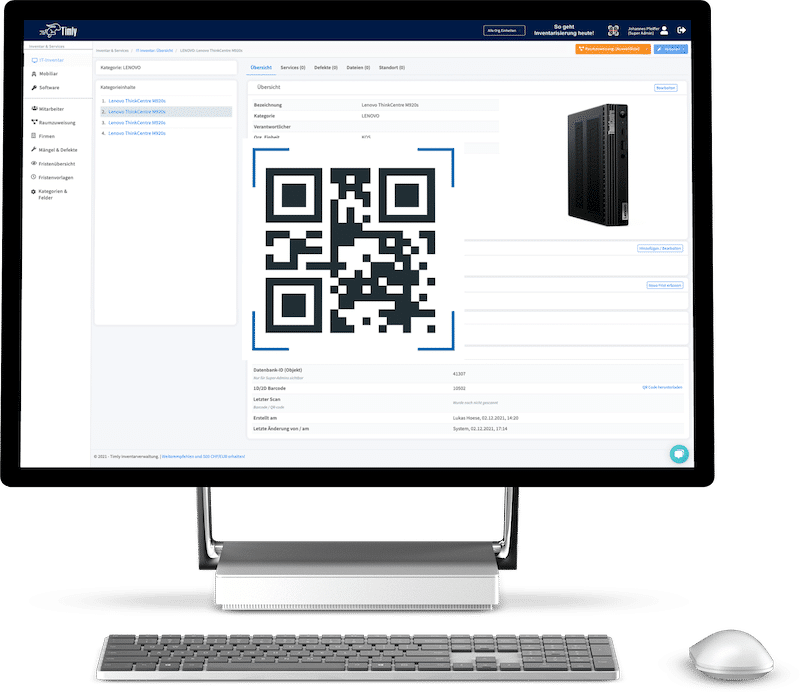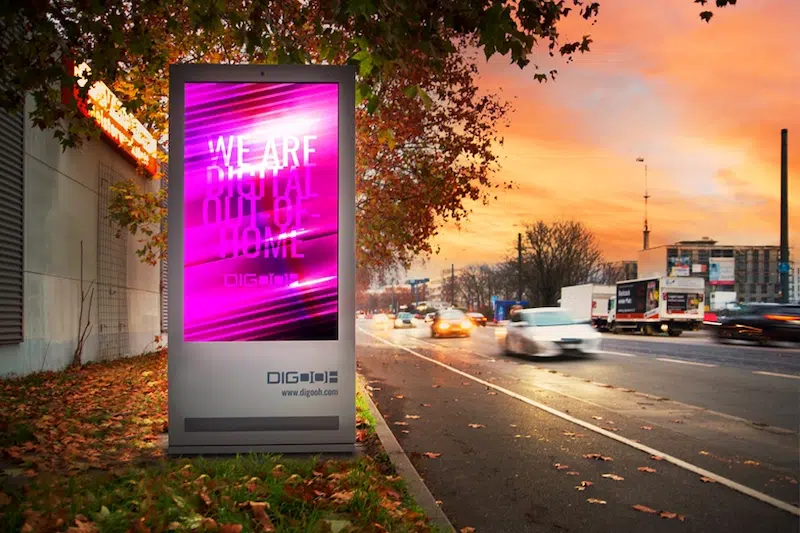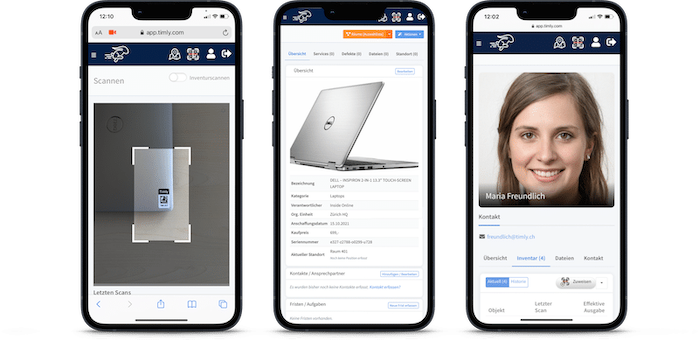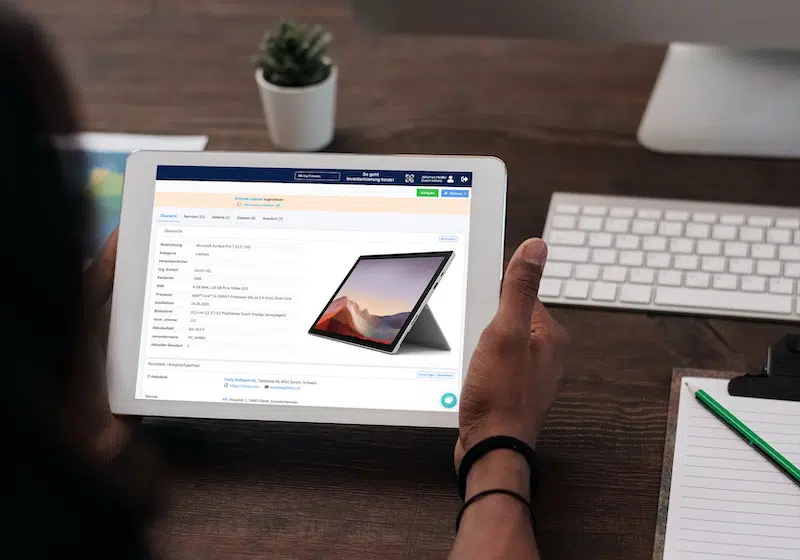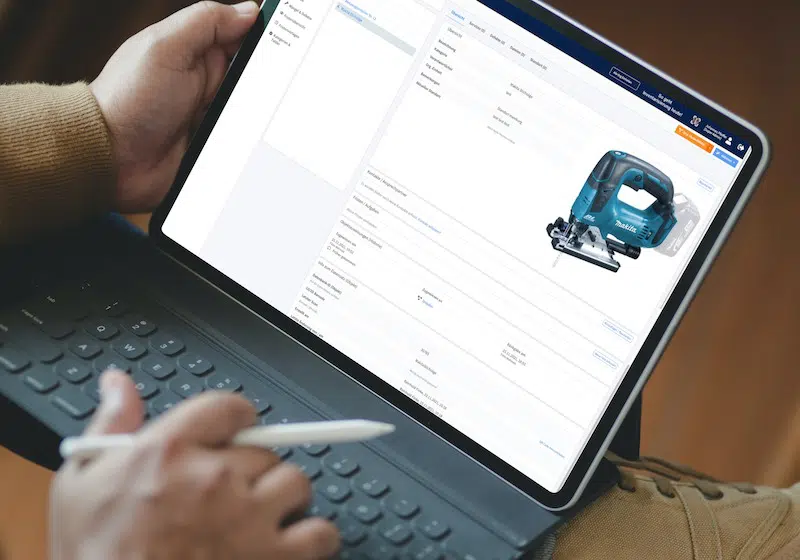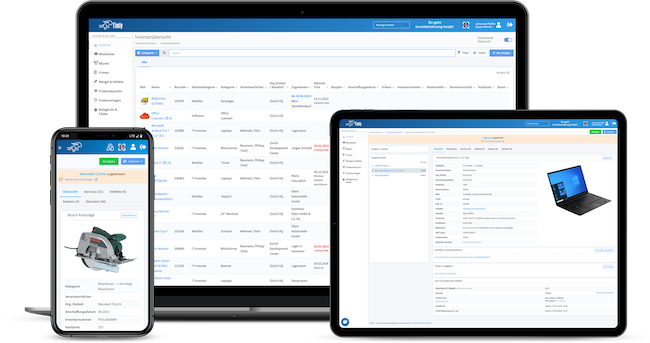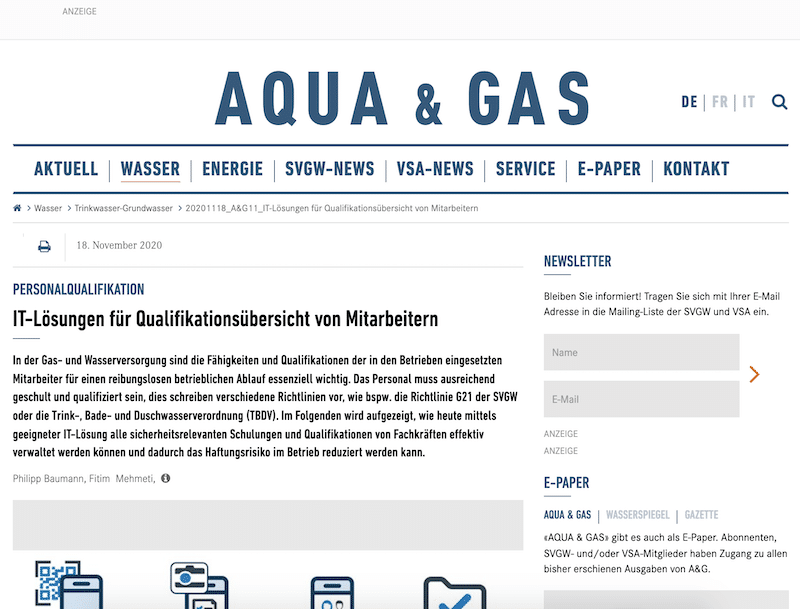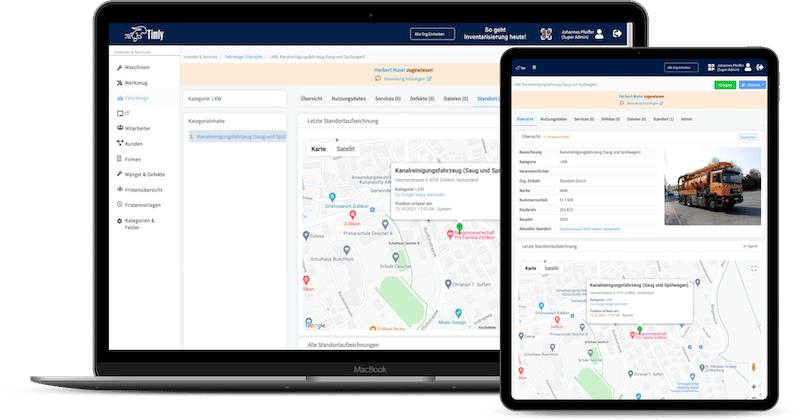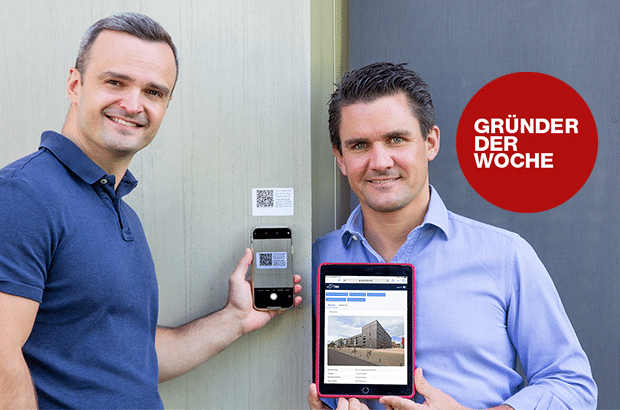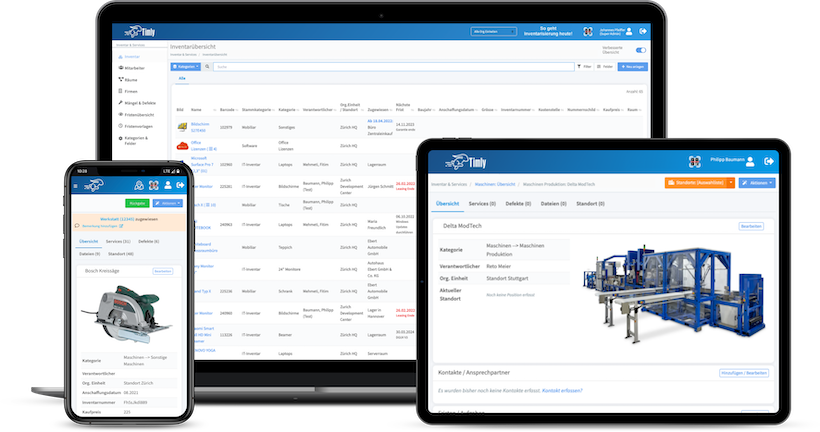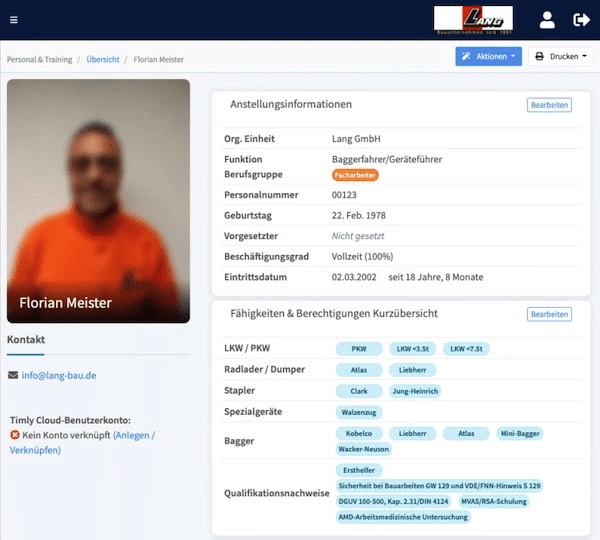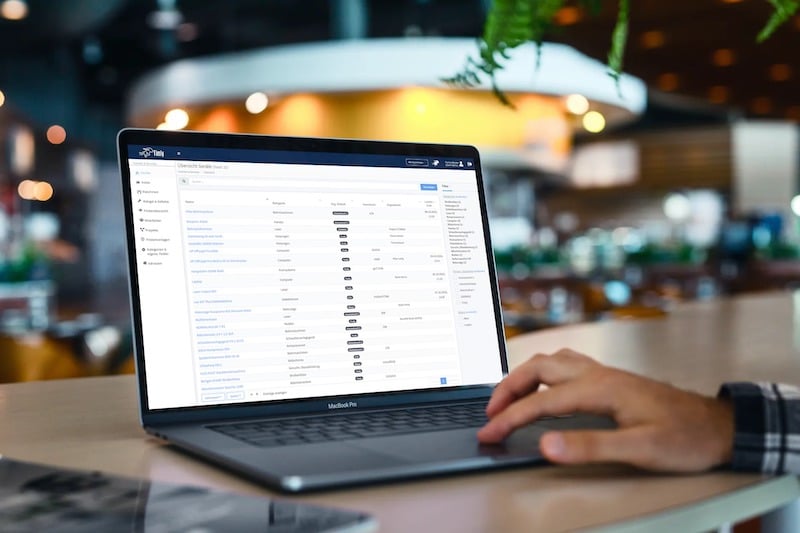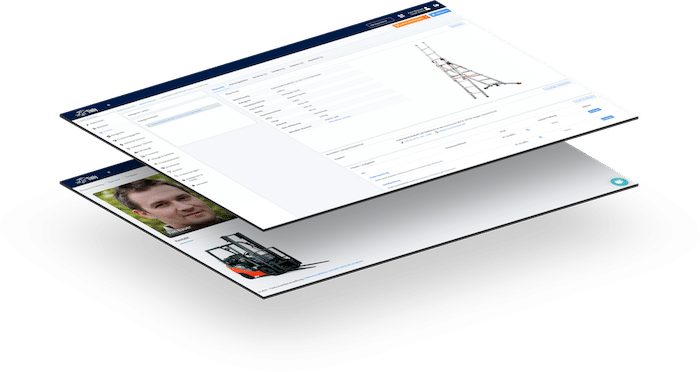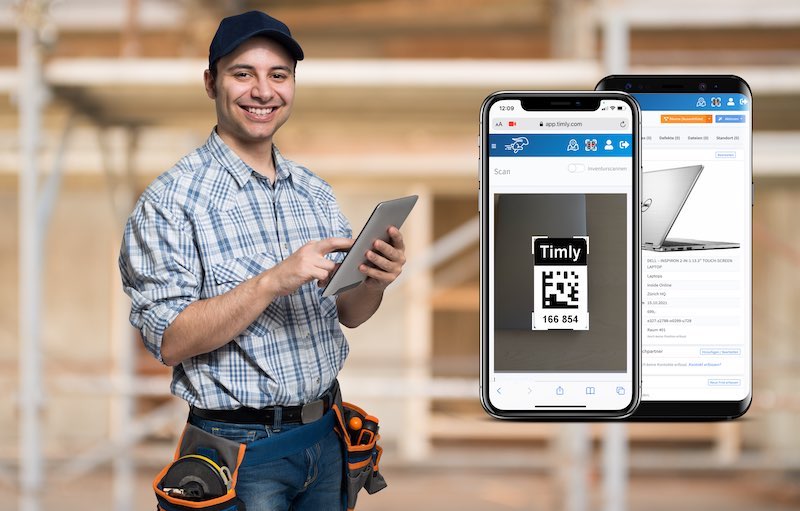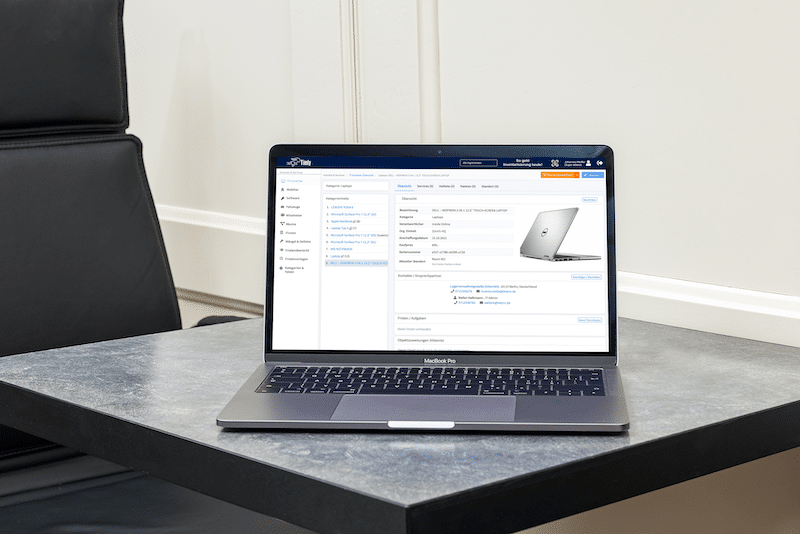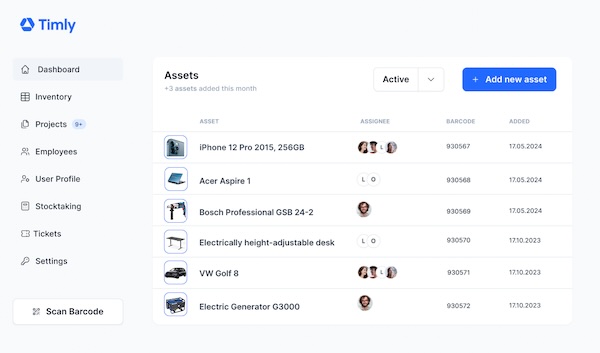
- Vehicle scheduling isn’t just crucial for the logistics sector; it can also benefit other industries by incorporating additional resources like personnel and materials.
- Effective scheduling requires a high level of flexibility to adapt to short-term changes and unexpected factors.
- Using software for vehicle scheduling is essential, but it’s important to choose a solution that aligns closely with your specific goals and needs. A holistic approach, such as integrating vehicle scheduling software, can be the right choice as it’s more flexible to align with your goals.
- What Is Vehicle Scheduling?
- Exploring Different Types of Scheduling Software for Efficient Vehicle Management
- Vehicle Scheduling Software: Key Features to Look For
- Maintenance and Repairs: Why Timing Matters
- Information Exchange: A Key Factor in Efficient Vehicle Management
- The Internet of Things: IoT Sensors Save Time and Resources
- Using Vehicle Scheduling Software: Finding the Right Fit
- Frequently Asked Questions About Vehicle Scheduling Software
What Is Vehicle Scheduling?
Vehicle scheduling is all about making sure your vehicles are in the right place at the right time. With the help of the right vehicle scheduling software, this process can become much more efficient, saving time and money.
At its core, vehicle scheduling means managing and deploying vehicles to meet your company’s needs. To get started, it’s important to define your requirements clearly. Depending on your industry, different factors might come into play:
Locations
Knowing where your vehicles are is crucial. While employees can manually report locations, using GPS trackers is faster and more accurate. Real-time tracking helps dispatchers see exactly where vehicles are, making it easier to plan their next move.
Orders
Equipment and Material
Maintenance
Responsible Persons
Economic Efficiency
Scheduling isn’t just about keeping vehicles on the road; it’s also about saving money. Tracking key metrics like repair costs, downtime, and utilization helps you make smarter decisions about your fleet. Over time, you can optimize maintenance schedules and plan replacements more effectively.
Exploring Different Types of Scheduling Software for Efficient Vehicle Management
Scheduling software helps you to plan and manage your resources more effectively. The right solution depends on your specific needs, as different tools prioritize different aspects of scheduling. Some are highly specialized, while others take a more holistic approach, covering a wide range of tasks. Here’s a breakdown of common types of vehicle scheduling software:
1. Digitized Lists and Databases
2. Vehicle Scheduling Software
3. Fleet Planning Software
4. Vehicle Management Software
This software focuses on administrative tasks like digitizing documents and planning workshop visits. Vehicles are treated as work equipment, and these systems often integrate easily with other business tools.
5. Software for Automatic Scheduling
6. Software for Integrated Inventory Management
Holistic inventory management systems treat vehicles as assets, just like tools or machinery. These systems focus on availability and maintenance, with customizable attributes for different types of equipment. For example, a customer service vehicle can be linked to the tools it carries, turning the vehicle and its contents into a single, manageable unit. This approach ensures everything stays organized and ready for use, no matter the type of asset.
Vehicle Scheduling Software: Key Features to Look For
Choosing the right vehicle scheduling software is about more than just the concept—it’s about finding the features that support your business. Here are some of the most important features to look for:
1. Multi-User Capability
The software should allow multiple users to access and update information simultaneously. Most modern systems are database-driven, ensuring smooth collaboration. However, older tools like traditional Office applications may lack this functionality and aren’t ideal for vehicle scheduling.
2. Cloud Integration
3. Mobile Compatibility
For real-time updates, mobile access is a must. Look for software that includes a dedicated app or web app. Web apps are especially useful as they don’t require installation and only store data temporarily, making them ideal for secure use on personal smartphones.
4. User and Rights Management
5. Ticketing Systems
Ticketing systems help streamline task management. They link orders or issues to specific vehicles, showing the status and responsible person at a glance. This prevents duplicate reports and keeps everyone informed. Automated reminders and real-time documentation within the ticket ensure tasks are completed on time and fully recorded.

Maintenance and Repairs: Why Timing Matters
The Benefits of Careful Maintenance Planning
With vehicle scheduling software, maintenance plans can be stored and managed digitally. This makes it easy to track upcoming tasks and log completed work. Even if a vehicle is in use for an extended period, repairs can still be scheduled promptly, allowing workshops to coordinate appointments and order spare parts in advance.
Small but powerful features within the software, like automated reminders and detailed documentation, ensure that your maintenance operations are always on track.
The Timly Software in Use

Optimized Device Management With Innovative Self-Inventory
SodaStream is the world market leader for water sparkling systems for domestic use and has a lot of IT equipment at its various locations. Many colleagues now work from their home offices. A digital solution for the efficient management of IT end devices became necessary...

Panasonic x Timly: Driving Technological Innovation
One of the most remarkable aspects of human ingenuity is our ability to innovate. Innovation is embedded in the DNA of consumer electronics giant Panasonic, which has diversified into a number of sectors, from heavy industry to construction...
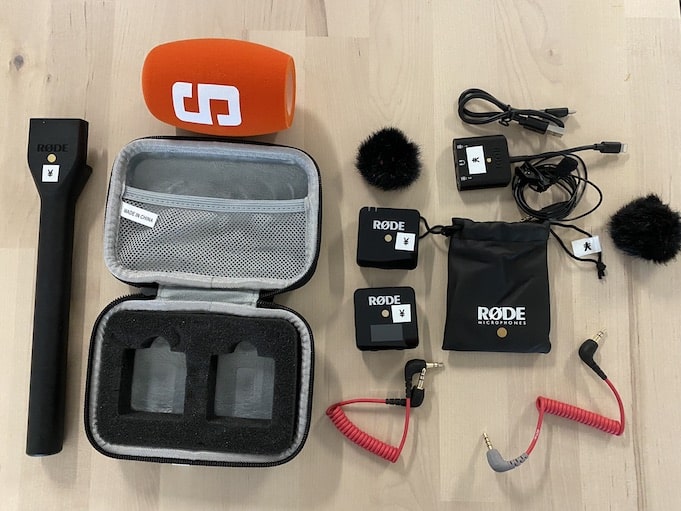
Manage Video Equipment Efficiently Without Much Effort
The Hamburg media company always does outstanding journalistic work and is characterized by independent reporting. In order to maintain journalistic quality, the teams work with highly specialized devices – these need to be managed efficiently...
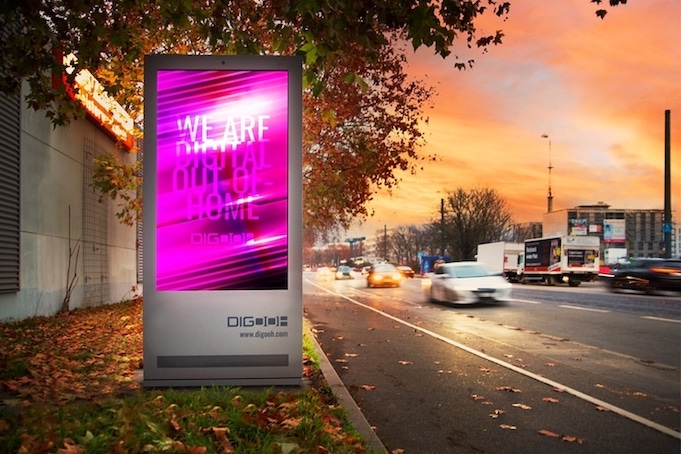
Smart City Asset Management – Timly in Use at DIGOOH
The core business of DIGOOH Media GmbH in Cologne is to manage digital city light posters (DCLP) for outdoor use in various cities in Germany. The challenge here lies in making the client’s communication message always available at the right time, in the right place...
(No credit card required)
Information Exchange: A Key Factor in Efficient Vehicle Management
For vehicle scheduling to work smoothly, information needs to be easy to access and update. A well-organized collection of data won’t help if it’s locked away in a file cabinet. That’s where digital vehicle files come in. They make sharing and updating information quick and straightforward.
Streamlined Communication with Digital Files
If any damage is found, it can be documented with photos and instantly shared with the workshop and administration. This real-time communication eliminates long notification chains, ensuring issues are addressed promptly and efficiently.
The Internet of Things: IoT Sensors Save Time and Resources
The Internet of Things (IoT) connects objects through smart sensors that collect and transmit data. These sensors come equipped with everything they need: a mobile network connection, energy-saving protocols, and special IoT SIM cards. Long-lasting batteries provide a reliable power source, making them ideal for retrofitting vehicles with GPS trackers.
How IoT Enhances Vehicle Scheduling
Improved Safety and Theft Protection
GPS trackers offer an extra layer of security by defining permitted zones for each vehicle. If a vehicle is moved outside these zones, it triggers an alert. With Timly’s GPS tracker integration, stolen vehicles can be quickly located and recovered, minimizing potential losses.
Using Vehicle Scheduling Software: Finding the Right Fit
The question isn’t whether to use software for vehicle scheduling—it’s how to choose the right one. In industries like trade and services, an integrated solution offers the most value. Software like Timly covers all the bases, managing not just vehicles but all types of work equipment.
Its cloud-based design ensures flexibility, while the web app makes day-to-day operations simple and accessible. Employees can access everything they need in one place, streamlining workflows and boosting user acceptance.
Frequently Asked Questions About Vehicle Scheduling Software
Why Should Software Be Used for Vehicle Scheduling?
Manually collecting and organizing information is time-consuming and can lead to errors. Vehicle scheduling software automates data processing and links relevant information, significantly reducing the workload for employees.
Is Vehicle Scheduling Only Relevant for Freight Forwarders?
Are Cloud Applications Secure Enough for Vehicle Dispatching?
Why Are Apps Important for Vehicle Scheduling Software?
Recommended for you:
Book an online demo - free and without obligation - or create your free trial account directly.






